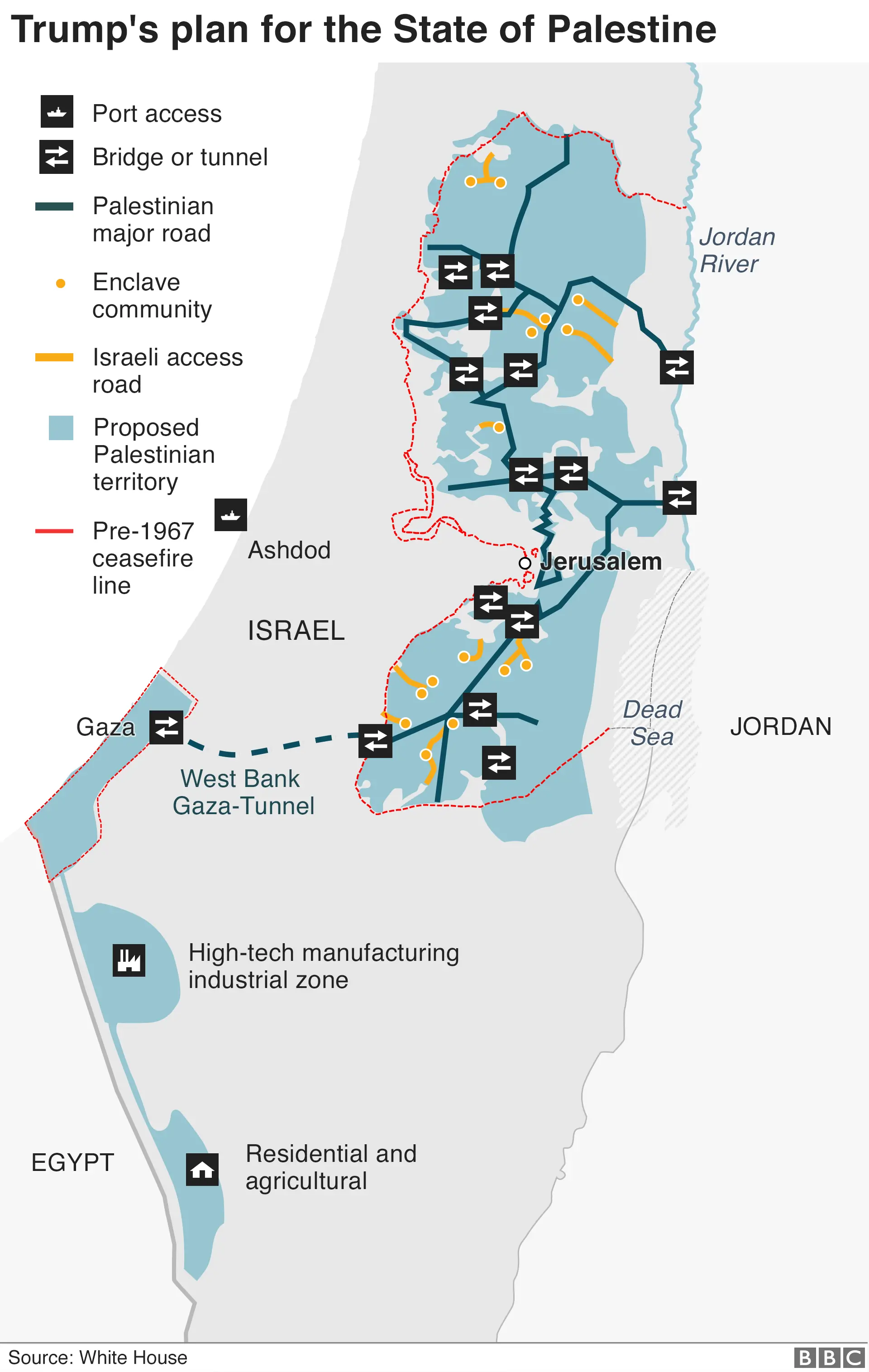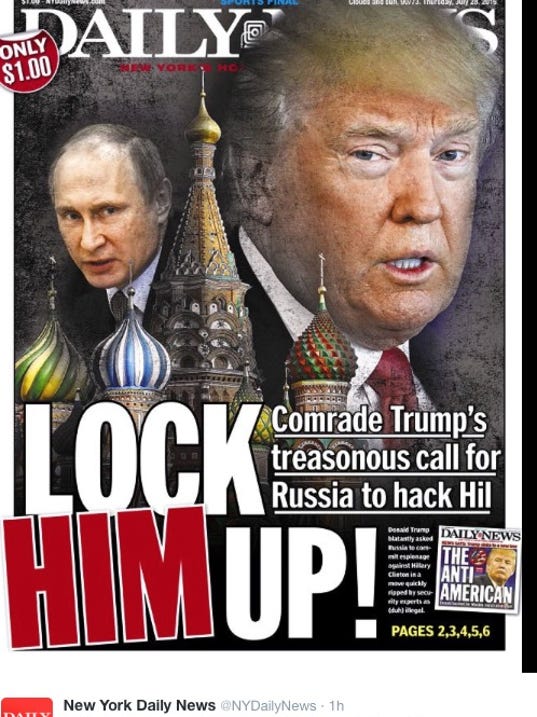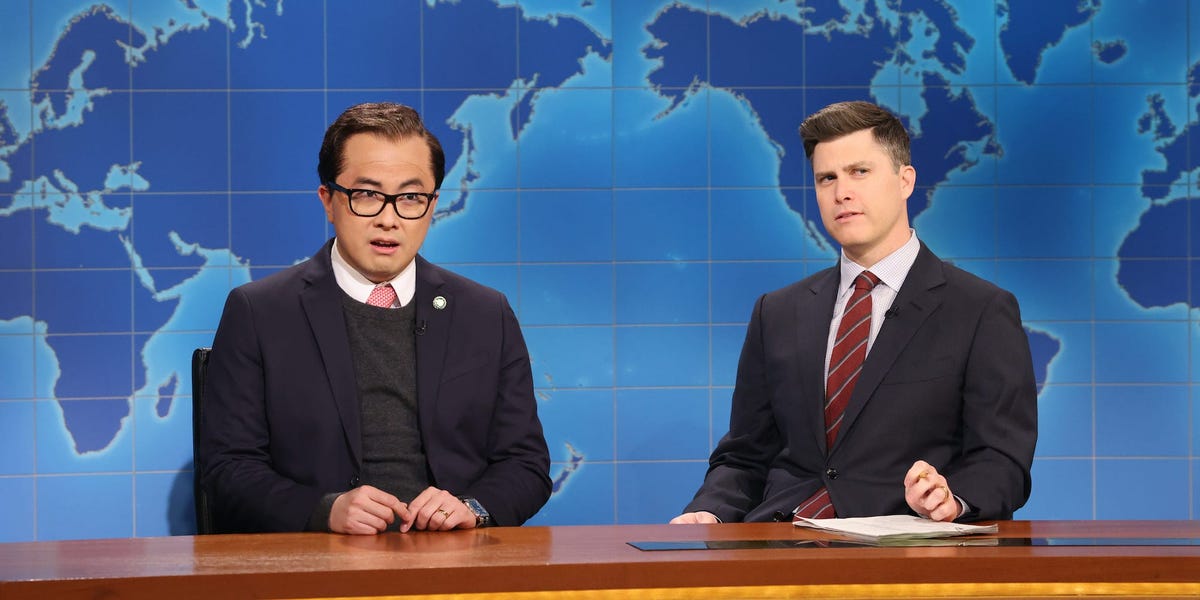Trump's Middle East Engagement: Winners And Losers

Table of Contents
Winners of Trump's Middle East Policy
Trump's "America First" approach, while controversial, yielded significant benefits for certain key players in the Middle East.
Israel
Trump's administration unequivocally sided with Israel, marking a departure from previous administrations' attempts at balanced approaches to the Israeli-Palestinian conflict. This strong support manifested in several key ways:
- Strengthened US-Israel Alliance: The relocation of the US embassy to Jerusalem, a long-standing Israeli demand, symbolized this strengthened alliance and significantly boosted Israel's standing on the world stage. This action, while lauded by many Israelis, was widely condemned internationally.
- Increased Military Aid: Israel received increased military aid and support for its defense initiatives, bolstering its military capabilities and regional dominance. This enhanced military cooperation was a cornerstone of Trump's policy towards the region.
- Positive Impact on Israeli Settlements: The Trump administration's approach significantly reduced international pressure on Israel regarding settlement expansion in the occupied Palestinian territories. This lack of pressure emboldened settlement growth and fueled Palestinian resentment.
- Reduced Negotiation Pressure: Trump's administration significantly reduced pressure on Israel to negotiate with Palestinians based on pre-2016 parameters, effectively abandoning the traditional two-state solution framework favored by previous administrations.
Key Players: Benjamin Netanyahu (then Prime Minister of Israel), Jared Kushner (Senior Advisor to Trump).
Keyword Variations: Trump's support for Israel, US-Israel relations under Trump, Trump's pro-Israel policy.
Saudi Arabia and Gulf States
The Trump administration prioritized strategic partnerships with Saudi Arabia and other Gulf States, largely based on shared concerns about Iran's regional influence and counter-terrorism efforts.
- Increased Arms Sales and Military Cooperation: Significant increases in arms sales and enhanced military cooperation strengthened the military capabilities of Saudi Arabia and other Gulf states. This bolstered their capacity to confront regional threats, as perceived by these nations.
- Support for Saudi Arabia's War in Yemen: Despite widespread international criticism, the Trump administration provided significant support for Saudi Arabia's military intervention in Yemen, despite the humanitarian catastrophe unfolding there.
- Containing Iran: The strategic partnership focused heavily on containing Iran's influence, aligning with the Gulf states' primary security concerns. This anti-Iran focus drove much of Trump's Middle East policy.
- Counter-Terrorism Initiatives: The administration prioritized counter-terrorism initiatives that aligned closely with the priorities of the Gulf States, further cementing the strategic partnership.
Key Players: Mohammed bin Salman (Crown Prince of Saudi Arabia), other Gulf leaders.
Keyword Variations: Trump's relationship with Saudi Arabia, Gulf Cooperation Council and Trump, Trump's Middle East alliances.
Certain Egyptian Factions
While Trump's administration expressed concerns about human rights, it continued to provide significant military and economic aid to Egypt, emphasizing strategic alignment on counter-terrorism.
- Continued Military and Economic Aid: Despite human rights abuses under President Sisi, the Trump administration maintained significant levels of military and economic aid. This contrasted with some previous administrations that emphasized conditionality linked to human rights improvements.
- Strategic Alignment on Counter-Terrorism: Egypt's role in counter-terrorism efforts was a key factor driving continued US support.
- Increased Regional Influence: The decreased US emphasis on democratization in the region inadvertently increased Egypt's regional influence.
Key Players: Abdel Fattah el-Sisi (President of Egypt).
Keyword Variations: Trump's Egypt policy, US aid to Egypt under Trump, Trump and Egyptian relations.
Losers of Trump's Middle East Policy
While some benefited from Trump's policies, others experienced significant setbacks and losses.
Palestinians
Trump's Middle East policy delivered a severe blow to the Palestinian cause and aspirations for statehood.
- Setbacks in the Peace Process: The administration's pro-Israel stance significantly hampered the peace process, effectively ending any serious effort towards a two-state solution during his presidency. The so-called "Deal of the Century" was widely rejected by the Palestinians.
- Reduced Financial Aid: Palestinian financial aid and international support diminished under Trump's administration. This financial squeeze further weakened the Palestinian Authority.
- Limited Progress on the Two-State Solution: Any meaningful progress toward a two-state solution was virtually nonexistent under Trump's presidency. Settlement expansion and lack of negotiation severely damaged the prospects for a Palestinian state.
- Increased Israeli Settlement Expansion: As mentioned earlier, the lack of pressure regarding Israeli settlement expansion resulted in significant growth, further diminishing Palestinian land and resources.
Key Players: Palestinian Authority, Hamas.
Keyword Variations: Trump's impact on the Palestinian peace process, Trump and the Palestinian territories, Trump's Middle East policy and Palestine.
Iran
Trump's administration adopted a maximum pressure campaign against Iran, significantly escalating tensions.
- Increased Sanctions and Pressure: The withdrawal from the Iran nuclear deal (JCPOA) and the re-imposition of stringent sanctions crippled Iran's economy. This economic pressure aimed to force major policy changes from the Iranian government.
- Heightened Regional Tensions: The increased pressure led to heightened regional tensions and military confrontations, particularly in the Persian Gulf. The risk of armed conflict increased significantly under this policy.
- Economic Hardship and Social Unrest: The sanctions resulted in significant economic hardship and social unrest within Iran, fueling internal instability.
- Decreased International Influence: Iran's international influence was considerably diminished due to the sanctions and the Trump administration's efforts to isolate the country.
Key Players: Iranian leadership, Supreme Leader Khamenei.
Keyword Variations: Trump's Iran policy, Trump and the Iran nuclear deal, Trump's sanctions on Iran.
Kurdish Groups in Syria and Iraq
The abrupt withdrawal of US troops from Syria under the Trump administration left Kurdish groups particularly vulnerable.
- Withdrawal of US Troops from Syria: The withdrawal of US troops from Syria left Kurdish groups, who had been key allies in the fight against ISIS, vulnerable to attacks from Turkey and the Syrian regime.
- Loss of US Support and Protection: This withdrawal resulted in a significant loss of US support and protection, leaving the Kurds to fend for themselves against superior forces.
- Significant Loss of Territory and Influence: Kurdish groups suffered significant losses of territory and influence due to the ensuing attacks. This severely undermined their autonomy and security.
Key Players: Kurdish leadership in Syria and Iraq, PKK, YPG.
Keyword Variations: Trump's Syria policy and the Kurds, Trump and Kurdish independence, Trump's betrayal of the Kurds.
Conclusion
Trump's Middle East policy was undeniably transformative, characterized by unconventional approaches and a significant departure from previous administrations. While Israel and certain Gulf States benefited from the strengthened alliances and increased military support, the Palestinians and Iran faced significant setbacks. The withdrawal of US troops from Syria left Kurdish groups vulnerable, highlighting the complex and far-reaching consequences of Trump's decisions. Understanding the winners and losers of this policy provides crucial insights into the current dynamics of the region. Further research into the long-term implications of Trump's Middle East policy is needed to fully assess its lasting impact. For a deeper understanding of this pivotal period in Middle Eastern geopolitics, continue researching Trump's Middle East policy and its effects on regional stability and power dynamics.

Featured Posts
-
 Maneskins Damiano David Rocks Jimmy Kimmel Live Alt 104 5
May 18, 2025
Maneskins Damiano David Rocks Jimmy Kimmel Live Alt 104 5
May 18, 2025 -
 Unfiltered Snl Moments Audience Profanity On G105
May 18, 2025
Unfiltered Snl Moments Audience Profanity On G105
May 18, 2025 -
 Trump Springsteen Feud Rockers Treasonous Accusation And Trumps Response
May 18, 2025
Trump Springsteen Feud Rockers Treasonous Accusation And Trumps Response
May 18, 2025 -
 Inmate Escape From New Orleans Jail Video Evidence Released By Cnn
May 18, 2025
Inmate Escape From New Orleans Jail Video Evidence Released By Cnn
May 18, 2025 -
 Uspekh Teylor Svift Na Vinilovom Rynke 10 Let Na Vershine
May 18, 2025
Uspekh Teylor Svift Na Vinilovom Rynke 10 Let Na Vershine
May 18, 2025
Latest Posts
-
 The Wedding Banquet A Reimagining Of A Queer Asian American Story
May 18, 2025
The Wedding Banquet A Reimagining Of A Queer Asian American Story
May 18, 2025 -
 Mike Myers Three Word Reaction To Playing Shrek
May 18, 2025
Mike Myers Three Word Reaction To Playing Shrek
May 18, 2025 -
 Bowen Yang Prefers A Different Actor For Jd Vance On Snl
May 18, 2025
Bowen Yang Prefers A Different Actor For Jd Vance On Snl
May 18, 2025 -
 Bowen Yangs Controversial Jd Vance Joke A Pope Killer
May 18, 2025
Bowen Yangs Controversial Jd Vance Joke A Pope Killer
May 18, 2025 -
 Bowen Yangs Exciting New Role A Touch Of Heart A Dash Of Cheek
May 18, 2025
Bowen Yangs Exciting New Role A Touch Of Heart A Dash Of Cheek
May 18, 2025
